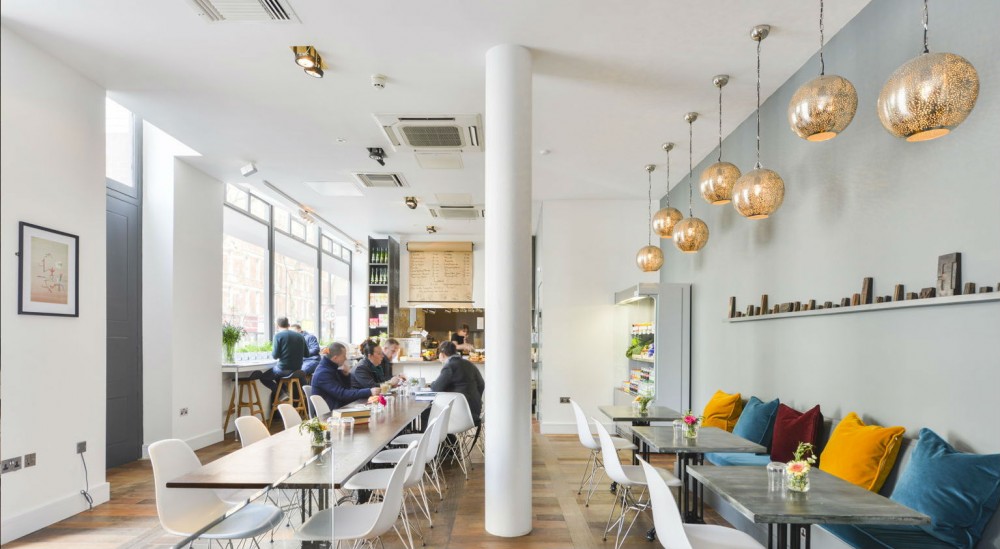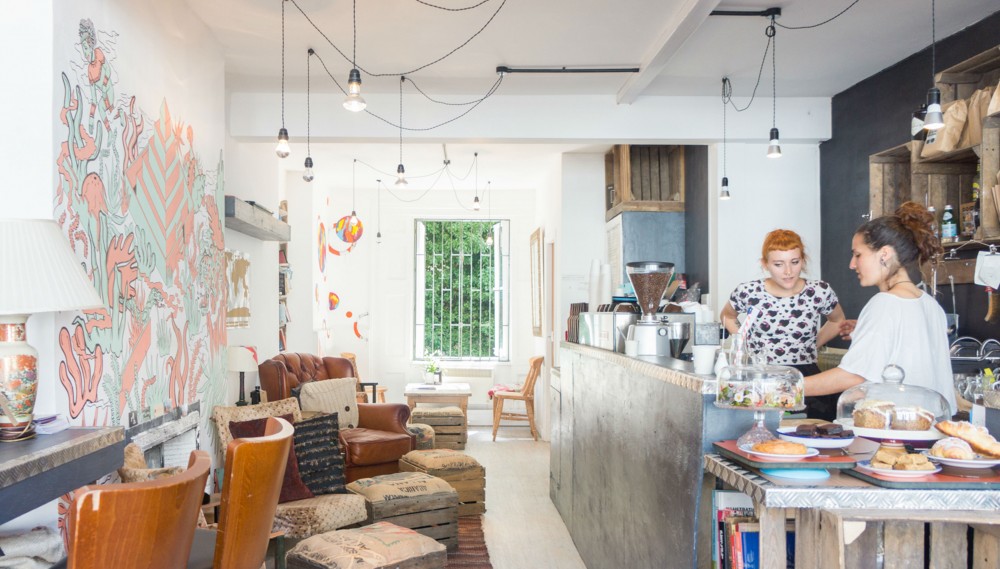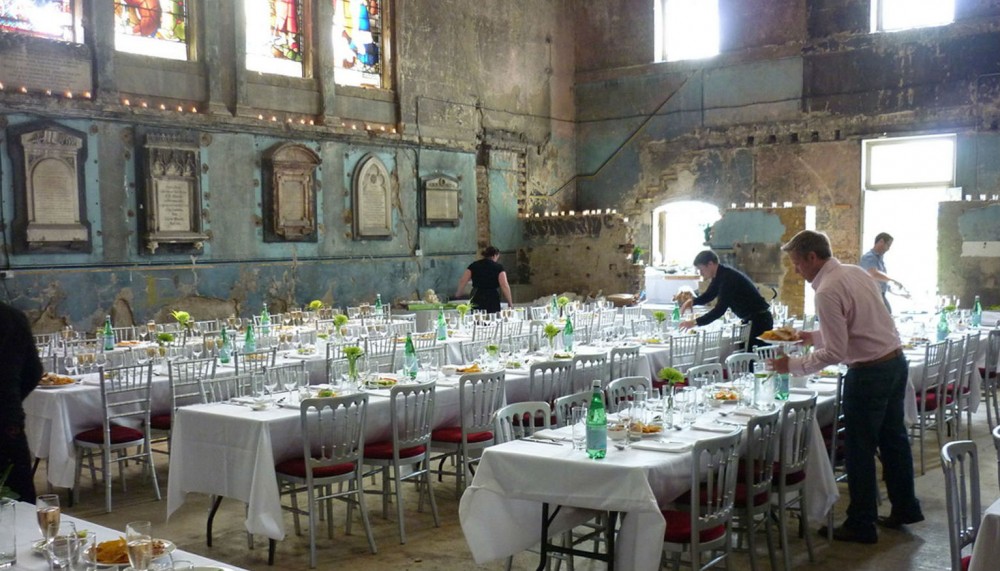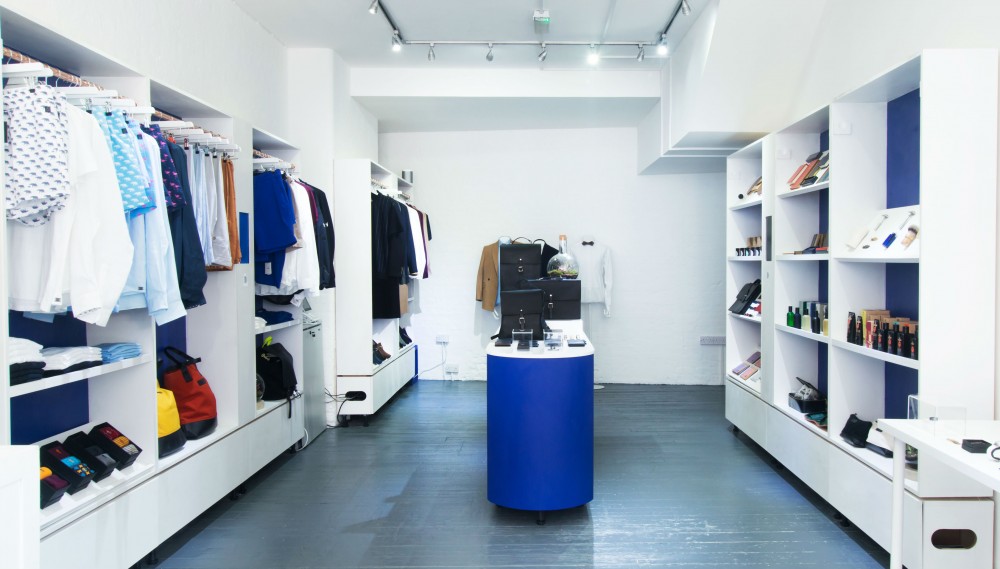Abigail Freeman: We Are Pop Up
Pop-up shops used to be a quirky, spontaneous retail idea but now they are a very common way for brands to generate buzz and excitement for a brand and create new interior concepts and product offerings. And like many trends, a new idea to help these retailers create the best pop-up spaces came about and We Are Pop Up was born. We Are Pop Up found a niche just at the right time: short retail space contracts made it easy for retailers of all walks of life to take advantage of a pop-up space. Having had that first hand experience of being a start-up, the brand seemed to be the best company to help other start-up retailers make their entrepreneurial dreams a reality: they understood the trials faced by business owners and what they need from them as a facilitator. Something Curated interviews Abigail Freeman, Director of Projects & Partnerships at We Are Pop, who tells us more about what they do to help retailers create the ambiance and buying space of their dreams.
Something Curated: How popular has the renting of spaces for pop-ups been since you launched?
Abigail Freeman: “Since we launched We Are Pop Up, the sector has truly emerged from the fringes to become a credible way for retailers to do business. The pop-up retail sector is now growing at 12.3 per cent annually, with a turnover of £2.3 billion and employing over 26,000 people in the UK.”

SC: What type of individuals or businesses use We Are Pop Up?
AF: “With the rise of pop up retail, a new type of retailer has entered the market. All of our users are creative retailers and are usually collaborative by nature. They are forward-thinking and understand that they can use the We Are Pop Up platform to do business on their own terms and retail in a way that suits them.These creative retailers launch for three months, and then extend their stay for three more months. Some go permanent, others change locations. The new alpha-retailers share their shops and create micro-department stores. They understand that retail is about creativity and collaborations. Our brand customers come primarily from fashion, food, homewares, and media but we also see artists, agencies, events companies, and tech companies. We support spaces of any size – from shelves and rails through We Are Pop Up’s ShopShare, right up to warehouses. Our customers are big on using ShopShare for brand remixes – food brands in retail space, and retail brands in restaurants.
SC: What are the benefits for landlords and owners, as well as the tenant?
AF: “Generally, brands and spaces have been doing amazing things with the We Are Pop Up platform and we’re seeing people build entire businesses on top of ours, from the ability to quickly rent out their space, or to readily access high street space. For both spaces and brands, the benefits are that they can list, discover and book retail space in minutes, all online. We connect space owners and tenants directly so they can do business on their own terms, 24/7.”

SC: Give us an example of a company that’s really taken advantage of We Are Pop Up
AF: “Glassworks is a multi-brand womenswear boutique in Shoreditch. In the last 9 months, they’ve brought in 17 new brands – and seen new product from over 300. New brands include emerging designers Cru, Fashion Luxx, Suite Hazen, and Be-Snazzy. They also added a juice brand called Raw Energies as a new accessory offer.The ‘Landlord’ is a creative retailer rather than an asset manager. Retail is no longer about real estate – it’s about brand collaborations. Those leading the charge have recognized the social nature of future retailing.”

SC: Has the popularity in pop-ups encouraged other landlords to follow suit to encourage more diversity in their units?
AF: “Absolutely. We’re helping people design the next generation of pop up space, incorporating everything we’ve seen. The niche is maturing and becoming embedded in the way that urban spaces are being designed. Retailers, architects, city planners and retail space designers such as shopping centre developers are now coming to We Are Pop Up for advice on how best to design future retail space. How do they design spaces that encourage a steady flow of ‘fresh content’ to their residents or shoppers? How do they provide modular space that enables pop up retailers to ‘plug and play’ with customization and low barriers to entry? And how do they seamlessly integrate that into the wider retail mix? These are questions we try to answer for them. Overall, they want perfect pop up spaces.”

SC: What areas have become popular for pop-ups? Is location still important or even paramount to someone renting the space?
AF: “Since November 2012, 20,000 brands from 101 countries have signed up to our platform and our customers have done over 1,000 deals in London, Brighton, and Berlin. In the last 12 months, we’ve done deals across 13 countries and we now have a team in NYC to meet the demand for our service there.In terms of a location within a city, location is still important but it’s exciting to see how brands are innovating around the more traditional models. For example retailers with one flagship store are using pop-ups across town to build up brand awareness and drive customers back to the flagship or to online. Other retailers are using ShopShare to A/B/C test multiple locations across town before they locate in the most successful site. Brands can go to where there customers are. And to where they are not yet.”
Text by: Chris Chasseaud
Images: Courtesy of We Are Pop